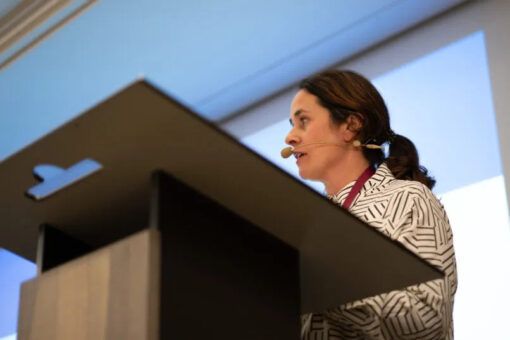IPPF funding supports research

In 2023, thanks to a grant from the International Penal and Penitentiary Foundation, Penal Reform International (PRI) delivered an ambitious programme of work which entailed research, advocacy, communications and organisational development through the establishment of a group of people with lived experience to advise the organisation and improve their effectiveness in promoting human rights-based criminal justice systems.
A large component of the programme was dedicated to understanding better the key challenges and opportunities in seeing an expansion of (real) alternatives to imprisonment – not least due to the global prison overcrowding crisis. Key findings included that whilst there is arguably a universal consensus that non-custodial options should be promoted, there is a growing understanding this is not enough as amid penal populism, more people are being criminalised and brought into the system. This coupled with net widening remains a threat to reducing the number of people under criminal sanctions.
PRI has also argued that the human rights impact of certain non-custodial measures remains undocumented, and therefore unaddressed. PRI and others have started to “raise the alarm” on the impacts of electronic monitoring, for example. A multi-stakeholder expert meeting on the topic concluded that research is needed, and regulations or standards are required, particularly given the involvement of the private sector. There is some attention from various bodies including at the UN and regional levels on this topic, but more action is needed with some urgency.
Experiences of racialised and minority groups with regard to non-custodial measure and sanctions were also investigated, specifical with regard to Roma in Europe. Issues with accessing non-custodial options, the ability of Roma to meet the conditions imposed including due to discrimination and stigma, and programmes to support Roma were explored, bringing some insights to light – ones that can be actioned on.
With IPPF funding, PRI also set up a group of ‘Experts by Experience’, made up of 7 members from across the globe who have lived experience of criminal justice systems. As stated by the UN High Commissioner for Human Rights recently, we need to go beyond giving a “voice” but have meaningful engagement of the affected people or communities that our work seeks to help. There is a growing movement to involve people with lived experience in criminal justice systems in reform efforts, and PRI is now well placed to push this forward at the global level. Olivia Rope, Executive Director of PRI explains:
the many leaders and advocates with experience in justice systems should be connected, empowered, and facilitated to meaningfully contribute to penal reform in a safe and non-discriminatory way. This requires investment and knowledge and strategies to overcome stigma and scepticism – particularly in contexts where involving “people with criminal records” raises many challenges.
Underpinned by research, practical human rights-based guidance for practitioners on several emerging and neglected issues in prison management has been issued by PRI under this programme. A policy briefing on informal life sentences has been issued with the University of Nottingham, serving as an advocacy tool to shed light on this ‘harsh, hidden sentence’, Given the high profile cases and media attention to transgender persons in prison, PRI is to soon publish ‘Placement of trans and nonbinary people: human rights guidance for prisons’ (together with Transgender Europe), and also a guide for detention monitors on corruption in prisons (together with U4).